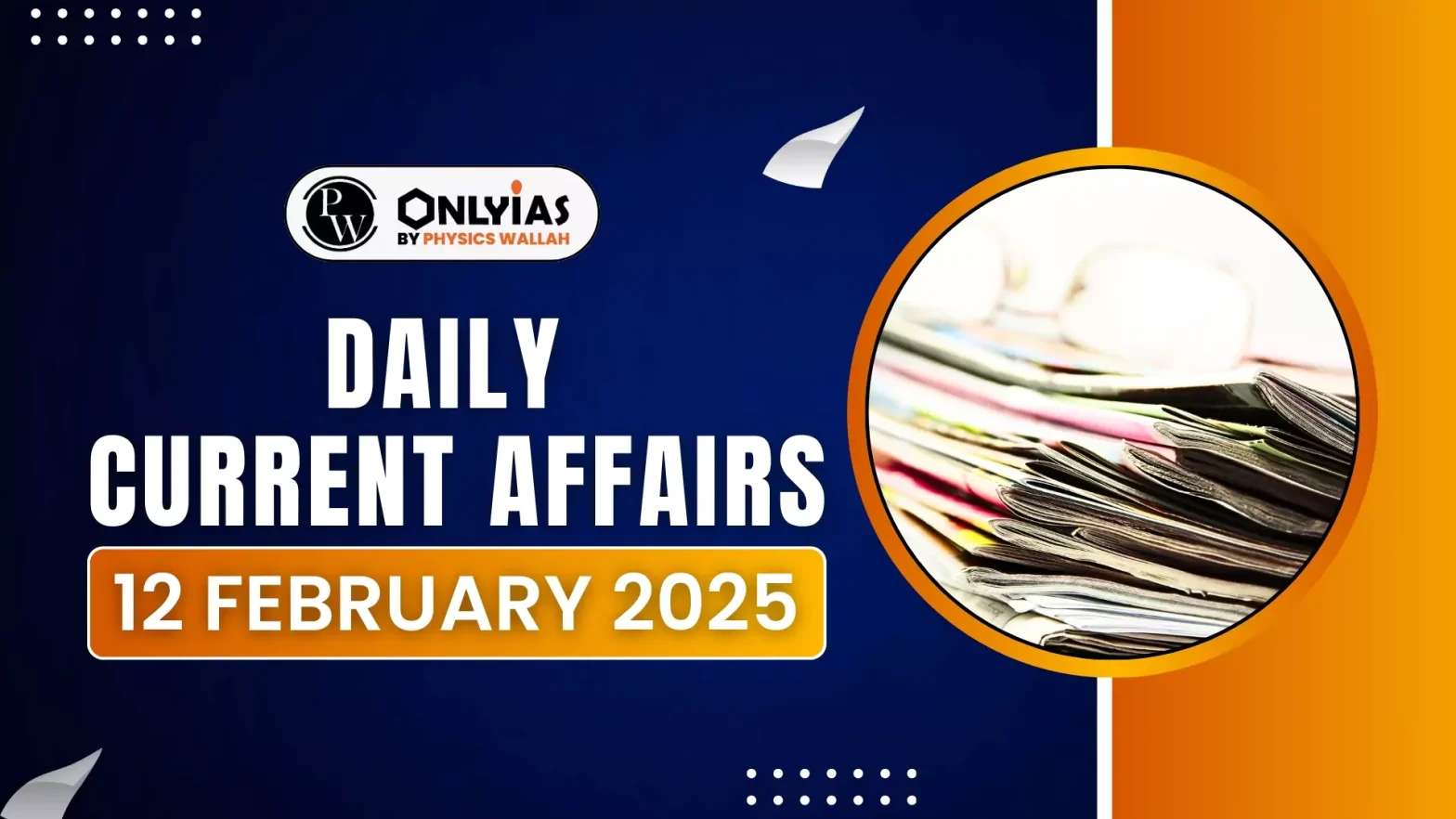Recently, the government has announced plans to amend the Civil Liability for Nuclear Damage Act (CLNDA) and the Atomic Energy Act.
- The announcement marks a policy shift from the government’s previous stance in 2015, which had ruled out amendments to the Act.
- The move is expected to revive stalled nuclear power projects with France’s Electricite de France (EDF) and the U.S.-based Westinghouse Electric Company (WEC).
- The amendments aim to align India’s nuclear liability laws with international conventions, addressing concerns of global nuclear suppliers.
Enroll now for UPSC Online Classes
About Civil Liability for Nuclear Damage Act (CLNDA) and Atomic Energy Act
- CLNDA (2010) establishes liability for nuclear accidents and ensures compensation for victims.
- The law mandates high liability for suppliers of nuclear components, unlike international norms where only operators are held responsible.
- It was enacted following concerns raised in Parliament over the Bhopal Gas Tragedy (1984).
- The Atomic Energy Act governs nuclear energy development in India, allowing only government-controlled operations with limited private sector participation.
- In 2019, an insurance pool of ₹1,500 crores was set up to cover liability risks, but it failed to attract foreign investors.
International Convention
- Vienna Convention on Civil Liability for Nuclear Damage (1963):
- Enacted in 1963 under the International Atomic Energy Agency (IAEA) framework.
- Establishes civil liability for nuclear damage and ensures compensation for victims of nuclear incidents.
- Places exclusive liability on nuclear operators, ensuring swift compensation.
- Requires mandatory financial security (e.g., insurance) for nuclear operators.
- Adopted by 40+ countries.
- India is not a signatory.
- Convention on Supplementary Compensation for Nuclear Damage (CSC) (1997):
-
- Adopted in 1997, effective 2015 to enhance global nuclear liability.
- Establishes additional compensation funds beyond national limits.
- Strengthens international cooperation and uniform liability rules.
- India ratified CSC in 2016, aligning its Civil Liability for Nuclear Damage Act, 2010 with global norms.
About the Proposed Amendment
- Objectives of the Proposed Amendment: The amendment aims to address supplier liability concerns, aligning India’s legal framework with international nuclear agreements.
- Facilitation of Stalled Projects: The changes are expected to revive long-pending nuclear power projects, including:
- EDF’s Jaitapur Nuclear Project (Maharashtra) – Six EPR1650 reactors.
- Westinghouse’s Kovvada Project (Andhra Pradesh) – Six AP1000 reactors.
- Promotion of Small Modular Reactors (SMRs): The amendment seeks to support the development of Small Modular Reactors (SMRs).
- ₹20,000 crore has been allocated for the establishment of five SMRs by 2033.
- India’s Nuclear Energy Expansion Goals: India aims to increase nuclear energy capacity to 100 GW by 2047, up from the current 6,780 MW from 22 reactors.
- Encouraging Global Partnerships and Investments: Legal clarity will help India attract private investment and strengthen international partnerships in the nuclear energy sector.
Check Out UPSC NCERT Textbooks From PW Store
Impact of Amendment on Nuclear Energy Sector
- Boost to Foreign Investments: Aligning CLNDA with international standards will encourage U.S. and French companies to invest in India’s nuclear energy projects.
- Breakthrough in Long-Pending Deals: Will revive stalled contracts signed over a decade ago, expediting nuclear power expansion.
- Expansion of Nuclear Capacity: Strengthening India’s nuclear energy sector will reduce dependence on fossil fuels and help meet clean energy targets.
- Enhanced Private Sector Participation: Amendments to the Atomic Energy Act may enable greater involvement of domestic and international private players.
- Strengthened Strategic Ties: Expected to be a key topic during Modi’s visits to the U.S. and France, reinforcing India’s role in global nuclear energy cooperation.
Additional Reading: Small Modular Reactors
Ready to boost your UPSC 2025 preparation? Join PW’s UPSC online courses today!
![]() 12 Feb 2025
12 Feb 2025

